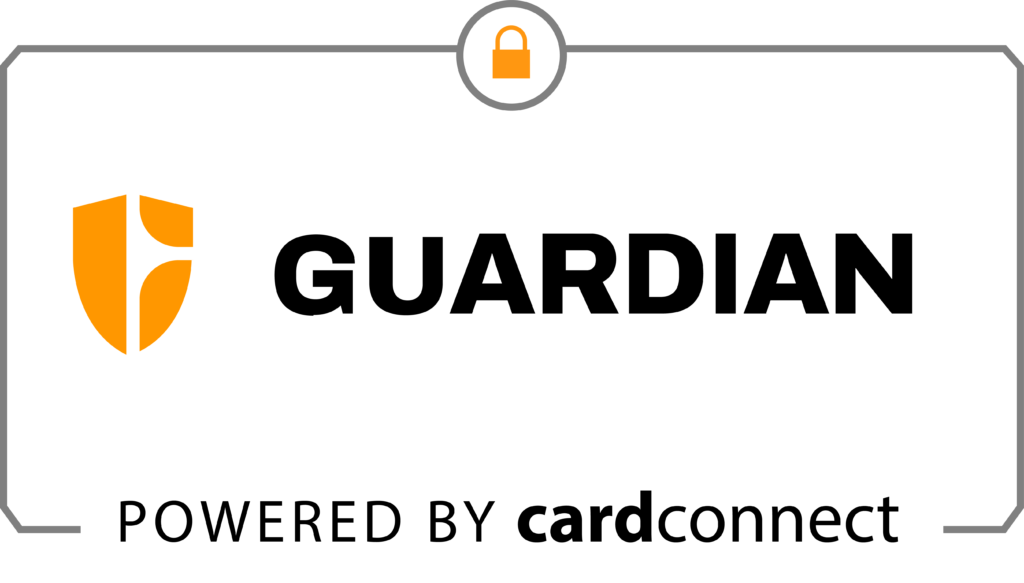Should I accept all forms of payment?
Cash, checks, credit cards, online payments, Bitcoin, and bartering–you’ve probably considered at least a few of these when it comes to what forms of payment you’re willing to accept. Each one has its pros and cons. They depend on what type of business you have and what kind of risk you’re willing to assume. Take a look at each of the following types of payments and think about what’s best for you–there’s no one-size-fits-all solution.
Cash
Oh, cash. You’re so easy. With cash, you don’t have to worry about fraud, bounced checks, bogus credit or debit cards, transaction fees, and you receive payment immediately. Cash transactions do need to be carefully documented in the event of an IRS audit, which can require additional time and diligence. However, accepting cash is beneficial for you and the customer, and it’s the rare business owner who would say no to a stack of greenbacks.
Checks
Accepting checks can come with significant risks beyond those associated with other forms of payment, so proceed with caution. Most businesses only accept local or in-state checks; starter checks, unnumbered checks, or non-personalized checks should not even be considered. If you can trust any employees to carefully examine each check you receive, you can consider accepting checks from your customers, but it’s something you’ll want to be wary of before you make a decision.
Credit Cards
While credit card transactions come with fees galore, running a cash-only business can turn away significant numbers of millennial customers who are unlikely to be carrying the green stuff. Credit card processors, payment gateways, and virtual terminals–the new terms alone can be intimidating, but do your research and you can find a system that’s both simple to navigate and within your budget. Since not everyone has PayPal, you can lose customers online too if you don’t have a way for them to buy what you’re selling.
Online and Mobile Payments
Whether you’re accepting credit cards, PayPal, or other mobile options, you may be losing customers if you’re not looking closely at how you handle online payments. These aren’t going to be necessary if you’ve got a local store that only deals with customers who come into your shop, or a hairdresser who accepts payment at the time of an appointment; it’s going to be immediately apparent to you if you need to offer these at all. However, you’ll want to think carefully about just how easy it is for your customers to pay. Many businesses lose customers at the last minute because it was too difficult to enter credit card information, or too confusing to see the total.
Bitcoin
Bitcoin can seem intimidating to the uninitiated, but it’s an excellent way to diversify your investments. You needn’t worry about fraud, the money will get to you quickly, and you’ll attract like-minded customers who believe in the power of the blockchain. Start by posting a sign that says you accept Bitcoin, then consider what type of merchant solution will work best for you (it will be different depending on whether you’re selling things online or in a brick and mortar store). It’s completely legal, and being tax compliant when you accept Bitcoin isn’t really that challenging either. If you’ve considered it before, perhaps now is the right time to make Bitcoin a part of your business.
Bartering
If you’re a hairdresser or a photographer, you’re probably already familiar with the idea of trading a service you can’t do for yourself with one of your friends. You might usually be competitors, but it’s pretty tough to take your own engagement shots (of course it’s been done, but it’s so much nicer to trade). If you’re a small business with a lot of inventory but only a little cash, you may want to consider trading with someone else who has what you need. Think about joining a barter network, in which you can acquire barter credits in exchange for your services to use whenever you need.

